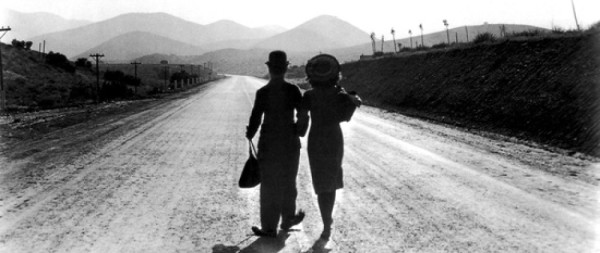Le Grande Amour
Directed by Pierre Etaix
Written by Pierre Etaix and Jean-Claude Carrier
1969/France
IMDb page
First viewing/Criterion Channel
Pierre: Then one thing leads to another, like it or not. You never know how these things happen… but they happen.
Pierre Etaix delivers another wry French romantic farce.
The film covers the history of Pierre’s (Etaix) love life. He plays the field and cannot decide between the numerous girls he dates. He settles on Florence, who adores him and has a rich father ready to hire her new husband as a factory manager. They are about the same age, which Pierre’s friend tells him is not such a good idea. The couple settles into the routine of married life, marred slightly by the wife’s domineering mother.

After about 15 years of wedded bliss, Pierre’s secretary retires and is replaced by lovely 18-year-old Agnes. This coincides with Florence’s solo trip to the seashore. The rest of the film is devoted to Pierre’s dream life with Agnes.

This is sort of a very Gallic The Seven Year Itch (1955) told with a light-touch and little dialogue. I enjoyed it very much but would not suggest it as one’s first foray into Etaix’s work. I was most impressed by his Yoyo (1965). At any rate, those who love Jacques Tati should really give Etaix a try.















 I don’t have as good a reason as the above but I’m smiling today because people can get on my blog and my comments are now working! I have missed you a lot. Hope to hear from you again.
I don’t have as good a reason as the above but I’m smiling today because people can get on my blog and my comments are now working! I have missed you a lot. Hope to hear from you again.







